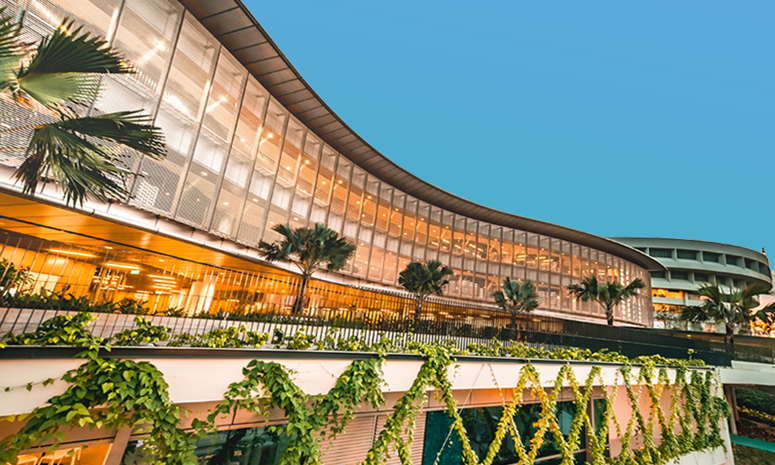Introduction
Physical characterisation of materials is the measurement and evaluation of the properties of materials. It is essential for the development of materials, for materials failure investigation and routine assessment. Thermal analysis constituted a group of characterisation techniques in which the thermal properties of materials are characterised. Materials in service are subjected to extreme and fluctuating temperature conditions. As the properties and performance of materials are intimately related to the temperature, a group of thermal analysis techniques covering TGA, DSC, DTA, TMA etc… in which the physical properties of materials are measured as a function of temperature whilst the material is subjected to a controlled temperature are employed to characterise materials. Surface analysis is the study of the surface properties of materials. It is concerned with the study of the structure and binding state of the atoms on the top surface layer (< 10 nanometers). Surface Analysis are routine activities of surface inspection and is employed extensively in areas of research such as corrosion, adhesion, polymer surface treatment and microelectronics fabrication. In the module on surface analysis, the course will be focused on X-ray Photoelectron Spectroscopy (XPS) and Auger Electron Spectroscopy (AES).
This course is part of:
Objectives
At the end of the course, learners are able to:
1. Select and evaluate physical characterisation techniques, namely surface analysis, for the investigation of material performance and;
2. Develop laboratory facilities for surface analysis.
Assessment
To meet the requirement of SkillsFuture Singapore, assessment(s) will be conducted during every course. The assessment(s) include:
- Quiz
- Project
Who should attend
Suitable for professionals working in Engineering, Quality Control, Failure Analysis, Manufacturing and R&D.
Brief screening/shortlist of applicants involved in this course.
Fees and Funding
Standard Course Fee: S$1,287.29
SSG Funding Support | Course fee | Course fee payable after SSG funding, if eligible under various schemes | |
BEFORE funding & GST | AFTER funding & 9% GST | ||
Singapore Citizens (SCs) and Permanent Residents (PRs) (Up to 70% funding) | S$1,181 | S$386.19 | |
Enhanced Training Support for SMEs (ETSS) | S$149.99 | ||
SCs aged ≥ 40 years old | |||
- Standard course fee is inclusive of GST.
- NTU/NIE alumni may utilise their $1,600 Alumni Course Credits. Click here for more information.
Recommended Add-Ons
| COURSE TITLE | ACADEMIC UNIT |
| CET772 Principles and Adaptation | 1 |
| CET773 Variation and Nonstoichiometry | 1 |
| CET774 Organic Structural Materials | 1 |
| CET775 Organic Electronic Materials | 1 |
| CET776 Organic Optical Materials | 1 |
| CET777 Thermal Analysis | 1 |
| CET779 Tissue – Material Interactions | 1 |
| CET780 Materials in Medicine | 1 |
| CET781 Tissue Engineering & Drug Delivery | 1 |
| CET782 Processes for Particulate Materials and Bulk Materials | 1 |
| CET783 Vacuum Processes | 1 |
| CET784 Solution Processes | 1 |
| CET785 Fundamentals of Electron Microscopy | 1 |
| CET786 Advanced Characterization using TEM Techniques | 1 |
Listed courses are:
- Credit-bearing and stackable to Graduate Certificate in Materials Science and Engineering (9 AU), FlexiMasters in Materials Science and Engineering (15 AU) and Master of Science in Materials Science and Engineering (30 AU).
- SSG funded and SkillsFuture Credit approved.






